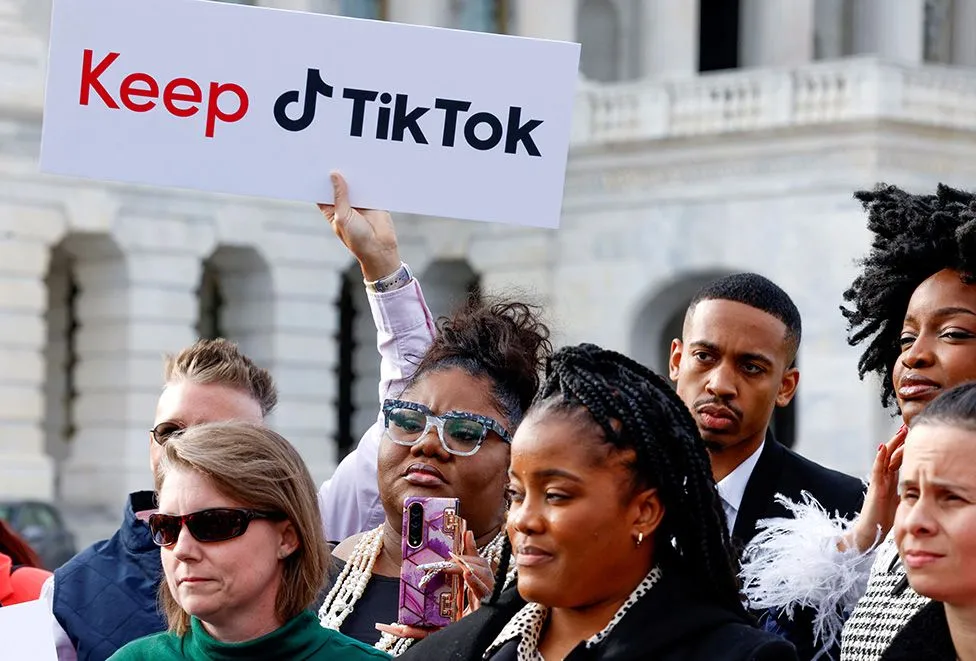Generation Black TV - Live
The U.S. TikTok Ban
TikTok’s Future in the U.S.: Legislation and Legal Battles Ahead
The U.S. TikTok Ban. As of April 21, 2024, the future of TikTok in the United States hangs in the balance, following the House’s recent approval of legislation that could lead to the app’s ban within the next nine months. This development is part of a broader discussion on national security concerns linked to the app’s ties with its China-based owner, ByteDance.
The Legislative Challenge
The bill, which passed with a significant majority of 360-58, requires ByteDance to sell TikTok to a non-adversarial foreign entity within 270 days, with a potential 90-day extension if progress is evident. This decision is part of a larger package aimed at providing foreign aid, a strategic move by House Speaker Mike Johnson to secure right-wing support by combining it with aid totaling $95 billion for Israel, Ukraine, and Taiwan.
Potential Outcomes and Roadblocks
However, the sale of TikTok is fraught with complications. Both TikTok and the Chinese government have voiced strong opposition to the forced sale, labeling it a violation of free speech rights and a detriment to economic interests. TikTok has spent approximately $5 million on campaigns opposing the legislation since mid-March, highlighting the company’s commitment to fighting the bill.
Legal Precedents and Prospects
TikTok’s potential legal challenge to the legislation is backed by historical successes in court. Notably, a 2020 federal ruling thwarted President Donald Trump’s attempt to ban the app, citing the administration’s failure to consider viable alternatives. Moreover, another ruling in November favored TikTok against Montana’s statewide ban, defending the constitutional rights of users and businesses.
Surveillance Concerns
The backdrop to this legislative effort includes longstanding worries about ByteDance’s connections to the Chinese government and allegations of spying on U.S. citizens, including journalists. These concerns amplify the urgency from a national security perspective, though critics like Nadine Farid Johnson from the Knight First Amendment Institute point out that foreign adversaries can still access American data through other means.
What’s Next?
The Senate is expected to take up the bill soon, with bipartisan support indicating potential passage. President Joe Biden has expressed willingness to sign the bill into law. This legislation, while aimed at protecting U.S. data privacy and national security, also raises questions about the effectiveness of such bans in the broader context of global data security and freedom of expression.

The fate of TikTok in the U.S. remains uncertain as legislative, legal, and diplomatic dynamics unfold. The coming months will be crucial in determining whether TikTok can continue to operate on American soil or if it will face the severe repercussions of a ban.
This article is optimized for SEO with keywords like “TikTok U.S. ban,” “ByteDance sale,” “legislation,” “data privacy,” and “legal battle TikTok,” aimed at engaging readers interested in technology, law, and international relations, and providing a comprehensive overview of the unfolding situation with TikTok in the United States.

